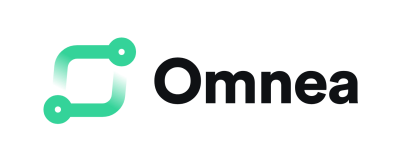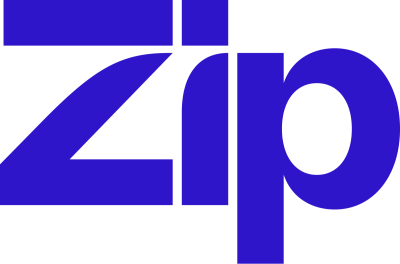Here’s How Nestlé Is Delivering on Its Commitment to Responsible Sourcing with 100% Satellite Monitoring Coverage of Its Global Palm Oil Supply Chains

The production of – and our dependence on – palm oil has been hitting headlines a lot over the last year. From supermarket chain Iceland’s banned orangutan advert to increased pressure on industry and governments from environmental campaigners, the need to adopt a more responsible sourcing model is high.
Palm oil has been used by humans for millennia, but its use has increased significantly in recent years due to the versatility of the ingredient and the high yield of the plants, requiring only half as much land as, say, soybeans to deliver the necessary quantity of product. In 2018, global palm oil consumption hit 72 million tons – equating to 20 pounds per person on the planet.
“Supplying that demand has taken a huge toll,” reports National Geographic. “Since 1973, nearly 16,000 square miles of rain forest on Borneo, the island shared by Malaysia and Indonesia, have been logged, burned, and bulldozed to make way for oil palm. It accounts for a fifth of the total deforestation on Borneo since 1973 – and for 47 per cent since 2000.”
As one of the world’s largest producers of food products, Nestlé wanted to find a way to make sure its own palm oil stocks were being procured from responsible and sustainable sources.
Sustainability in the procurement industry is set to be a hot topic at ProcureCon Europe 2019, taking place this October at the NH Tower, Barcelona.
Download the agenda today for more information and insights.

Nestlé’s new sustainability standard
It’s been nearly ten years since Nestlé released a new sustainability standard, declaring its intention to achieve zero deforestation across its agricultural supply chains by 2020. Since then, the brand has been reassessing its methods of making sure its supplier partners comply with its environmental ethos.
Up until now, Nestlé has relied upon on-site visits from assessors to evaluate suppliers and make sure they are operating in line with its policies. Obviously, this is a highly time- and labour-intensive method of carrying out these assessments – not to mention the additional environmental impact of the extensive travel such inspections necessitate.
However, a new digital technology-based solution has presented itself which will allow Nestlé to monitor supplier sites without having to rely on boots-on-the-ground inspections. Developed by Airbus in cooperation with The Forest Trust, the solution takes the form of a next-generation satellite monitoring and verification system.
Dubbed Starling, the satellite solution uses high-powered cameras, sensors, and topographical mapping software to remotely monitor agricultural sites in real time, all year round.
“Many companies have made ambitious forestry conservation commitments,” says Starling. “However, it is not easy to verify the achievement of these commitments. The current solutions for verifying forestry conservation do not fully meet market expectations. In particular, traditional auditing, led through ground surveys, is limited in its coverage and frequency. Companies require reliable and accurate information to verify their commitments and identify where to take action.”
Since implementing the system, Nestlé has reported that 77% of its key commodities now come from deforestation-free supply chains – an increase from 63% at the close of 2018. Such a meteoric rise in a relatively short space of time is a testament to the effectiveness of the Starling partnership and sets Nestlé well on its way to achieving its 100% target by 2020.

The consequences for Nestlé’s non-sustainable suppliers
The usual strategy Nestlé deploys when larger suppliers fail to meet its sustainability standards is to blacklist them. These companies can rarely afford to lose as huge a client such as Nestlé, so this usually provides all the motivation they need to clean up their act.
In some cases, Nestlé suppliers have even re-addressed their environmental commitments which have resulted in having their contracts re-established. However, smallholders pose a unique challenge for this method, as blacklisting can have a huge impact on the surrounding local communities – many of the populations are living in severe poverty.
These types of suppliers often require a more nuanced approach and it’s not uncommon for Nestlé to engage with them directly and work with them to help them become more sustainable.
Due to the smaller nature of their sites, these smallholders are more difficult to monitor using the Starling platform as well, meaning Nestlé still needs to carry out physical inspections.
Working with organizations like Earthworm, Nestlé hopes to address the issues in smallholders’ visibility and drive sustainability without using the unnecessary force of blacklisting and the related consequences on vulnerable communities.
“Around the clock, satellite monitoring means we can act quickly and decisively, in real time, if we see something going wrong,” said Anna Turrell, Head of Sustainability at Nestlé UK and Ireland.
“But it also means we can be more transparent and promote greater accountability along the supply chain. Starling will speed up our progress and improve the direct engagement we can have with our supply chain so that, across the entire industry, we are addressing deforestation with speed and purpose.”
Discover more about the latest trends in procurement at the ProcureCon Europe 2019 event, taking place this October at the NH Tower, Barcelona.
Make sure you download the agenda today to find out more.











